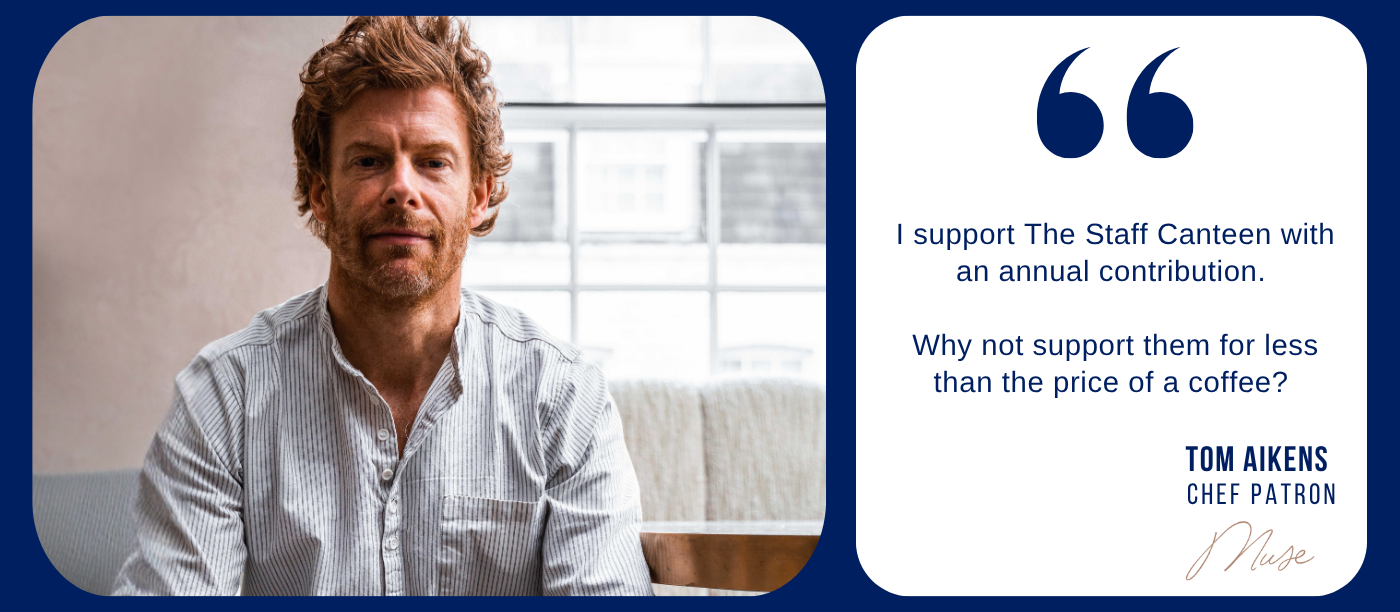use a different sauce.
Yumi was a very traditional restaurant and Nobu, where I worked afterwards, was just Nobu, you couldn’t change the menu or try new things. If I wanted to serve fish bones to customers I couldn’t do it either at Yumi or Nobu. We wanted a challenge; we wanted to do something new and Japanese cuisine in the UK was still quite stereotyped as just sushi and sashimi.
And similarly with Yashin Ocean House?
Yashin Sushi Bar was mainly doing sushi, we had a few hot dishes but for me only a sushi restaurant wasn’t enough. We had lots of ideas but this is our first journey so we couldn’t do lots at the beginning so we just focussed on sushi. At Ocean House we wanted to do more hot dishes and do more modern things. Ocean House has got lots of modern cuisine because of our sous chef, Daniele Codini. He brought lots of different techniques from The Fat Duck which is very interesting for us to mix with our cuisine.
How does the quality of UK seafood compare to Japanese?
Some of the seafood is really good, for example in London everywhere you can get good farmed salmon, even in the supermarkets and small shops but in Japan it’s very difficult to get good quality salmon. The only problem is that fish suppliers and fishermen don’t know how to kill and prepare the fish. When caught, fish get very stressed so a better way is to kill them without stress using a method called Ikijime.
We cut the spinal cord as soon as possible then keep the fish for at least 24 hours in ice and sea water to prevent the blood coagulating which is the cause of bad ‘fishy’ smells. In the UK or Europe, the fish dies naturally after being caught. During this period, the fish struggles and resists for a while and basically cooks its own meat. Sometimes the temperature goes up 60 to 80 degrees, in tuna for example. After this period we can't call it raw fish. It is technically low temperature cooked fish.
Are any British suppliers beginning to use this method?
I only know one supplier, which is doing it with turbot.
Why is no one doing this yet in the UK and will it change do you think in the future?
Just because no one has taught them. I think it depends on chefs; if chefs want to stick to good quality we’re going to have to speak to fishermen but if the chef doesn’t care about fish quality, it’s going to stay the same, so it’s our responsibility to speak to fishermen. Also our concept is not only head to tail but also dry-aged. Still lots of people believe that fresh fish is best but it’s not; exactly the same as fresh meat is not as good as dry-aged meat.
The protein of fish is protein at the beginning but after three to five days it starts to become glutamic acid which gives much more flavour. It also depends on the killing method – If you use the correct killing method it leads to a much better flavour after the three to five days, so the meat is going to be more mature with more flavour.
I don’t understand why people say fresh fish is the best because they don’t eat fresh meat, they eat dry-aged mature meat and it’s completely the same for fish as well.
Are you planning on any other openings soon?
We’ve talked about it because Japanese cuisine isn’t just sushi and dry-aged fish; we’ve got lots of other ideas as well but it depends on the people because it’s very difficult to get the right people and there’s no point hiring someone who doesn’t know how to do it.
It’s very difficult to get people from Japan but if we start training non-Japanese people it takes 10-15 years to train them properly, so it’s very difficult. Watch Yasuhiro Mineno's knife skills below:













